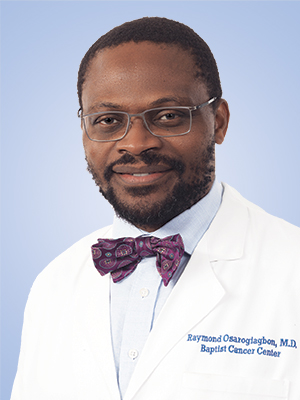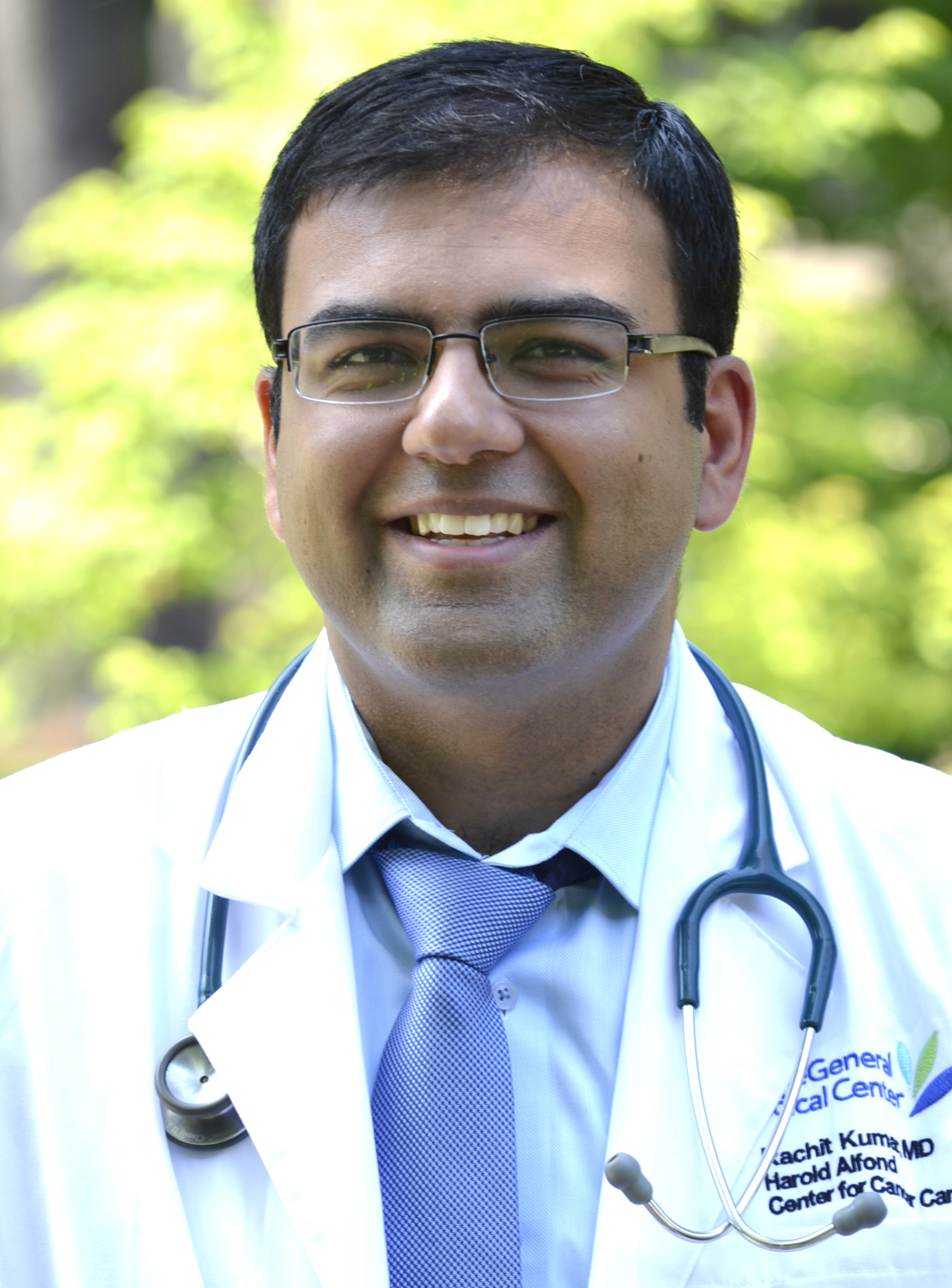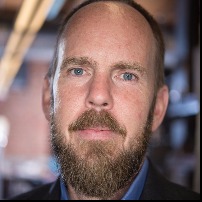See also:
Article in Genomeweb
June 8, 2021
This link (as of June 20):
Last year, by Precision Oncology News' count, the FDA approved 27 precision oncology drugs, a 35 percent increase in the number of approvals from 2019. Although more and more biomarker-informed therapies are being developed and launched on the market, not all patients have access to them due to numerous barriers, among them difficulties accessing genetic testing, limited physician expertise, challenges setting up clinical trials in the community, and reimbursement pressures. Patients' social determinants of health also continue to influence whether they receive, or are even offered, biomarker testing and downstream treatment options.
In this panel, experts in the community treating underserved populations and tracking access challenges will discuss the difficulties they are seeing and the solutions they're working on to improve equity in precision oncology.

Chief Scientist, Baptist Memorial Healthcare Corporation
Director, Multidisciplinary Thoracic Oncology Program & Thoracic Oncology Research Group, Baptist Cancer Center
Dr. Osarogiagbon is Chief Scientist at the Baptist Memorial Healthcare Corporation, Director of the Multidisciplinary Thoracic Oncology Program and the Thoracic Oncology Research (ThOR) Group at the Baptist Cancer Center, in Memphis, Tennessee.

Community Outreach and Engagement Program Manager
Weill Cornell Medicine
Kellie Jack, MPH is the Community Outreach and Engagement Program Manager for the Sandra and Edward Meyer Cancer Center at Weill Cornell Medicine. She is responsible for implementing and evaluating initiatives that seek to reduce the cancer burden and mortality rates in communities across Brooklyn, Queens, and areas of Manhattan, in partnership with community-based organizations and key community stakeholders. A native of Queens, New York, she is deeply committed to addressing health disparities among low-income and racial/ethnic minorities in NYC with a particular emphasis on increasing the representation of these groups on clinical trials.

Director of Clinical Research, Medical Oncology
Maine General Medical Center
Dr. Kumar is a medical oncologist and hematologist who sees patients at the Harold Alfond Center for Cancer Care and the Alfond Center for Health in Augusta. A member of MaineGeneral Medical Center's active staff, he joined the cancer staff in July 2017 after completing a hematology/oncology fellowship at Georgetown University/MedStar Washington Hospital Center in Washington, D.C. He received his medical degree from Maulana Azad Medical College, New Delhi, India and then did his internal medicine residency and chief residency at Georgetown University/MedStar Washington Hospital Center. His interests include targeted therapies and immunotherapy.

Executive Director of Precision Medicine
Sutter Health
Dr. Tranah is the executive director of precision medicine at Sutter Health and an adjunct professor in the Department of Epidemiology and Biostatistics at the University of California, San Francisco.
In his position at Sutter Health, Dr. Tranah leads a research program dedicated to accelerating the translation of research discoveries related to health and aging to clinical settings across Sutter Health. The program focuses on novel treatments, diagnostic tests, wearable devices and other interventions that improve patient health and functioning.
As part of this effort he leads a team building a Sutter-wide biobank of 100,000 patients. This work has led to the launch of a large study of multiple sclerosis genomics to identify molecular predictors of disease progression and treatment response in patients from 10 Sutter clinics.
Dr. Tranah also leads the genomics core of a personalized medicine program at California Pacific Medical Center. The genomics core focuses on sequencing tumors to identify genomic predictors of treatment response for several highly malignant cancers. Dr. Tranah’s current research program focuses on identifying inherited and acquired genetic factors that impact aging and disease. The research program aims to revolutionize risk assessment by identifying widely applicable and inexpensive genomic tests that find those who would benefit from specific pharmacologic and behavioral treatments to prevent disability and disease.
See also:
Past National Academy of Medicine conference on disparities
2018
The goals of this workshop were to explore ongoing challenges with accessing genetic/genomic services, better understand the role of health care delivery systems and clinicians with delivering equitable access to genetic services, and examine new approaches that may help to reach medically underserved populations.
[PUBLICATION from WORKSHOP]
Understanding Disparities in Access to Genomic Medicine: Proceedings of a Workshop
Genomic medicine is defined as the routine use of genomic information about an individual as part of his or her clinical care as well as the health outcomes and policy implications of that clinical use. It is one approach that has the potential to improve the quality of health care by allowing practitioners to tailor prevention, diagnostic, and treatment strategies to individual patients. In recent years, research breakthroughs, technological advances, and the decreasing cost of DNA sequencing have led to the wider adoption of genomic medicine. However, as with the introduction of new technologies into health care, there are concerns that genetic and genomic testing and services will not reach all segments of the population both now and in the near future, and there remains a gap in knowledge regarding potential health care disparities in genomic medicine and precision health approaches.



No comments:
Post a Comment
Note: Only a member of this blog may post a comment.